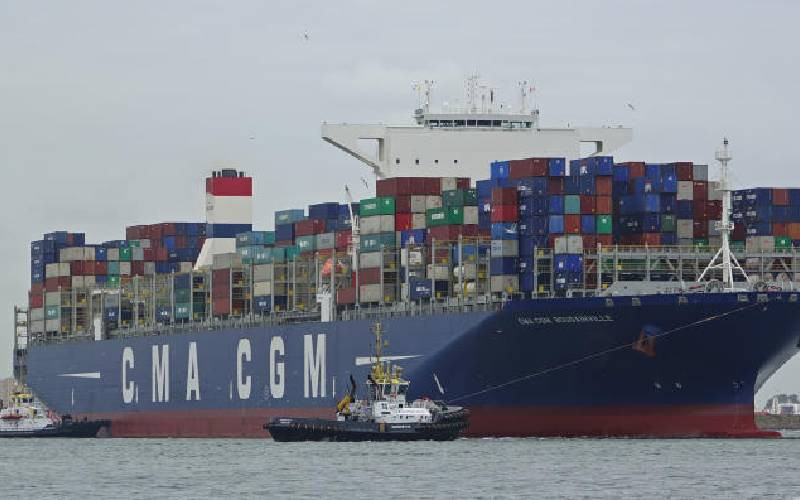
Audio By Vocalize

Three top global major shipping lines operating in Kenya will soon know whether they will be slapped with huge financial sanctions or given reprieve when a regional watchdog renders its verdict on a landmark pricing probe into the companies.
The Common Market for Eastern and Southern Africa (Comesa) Competition Commission said it is set to conclude it's probe on two of the world's largest container lines, Denmark's Shipping group Maersk and French-based CMA CGM as well as Mauritius headquartered United Africa Feeder Line (UAFL), also a shipping company founded in 2000 as a regional feeder service in Africa.